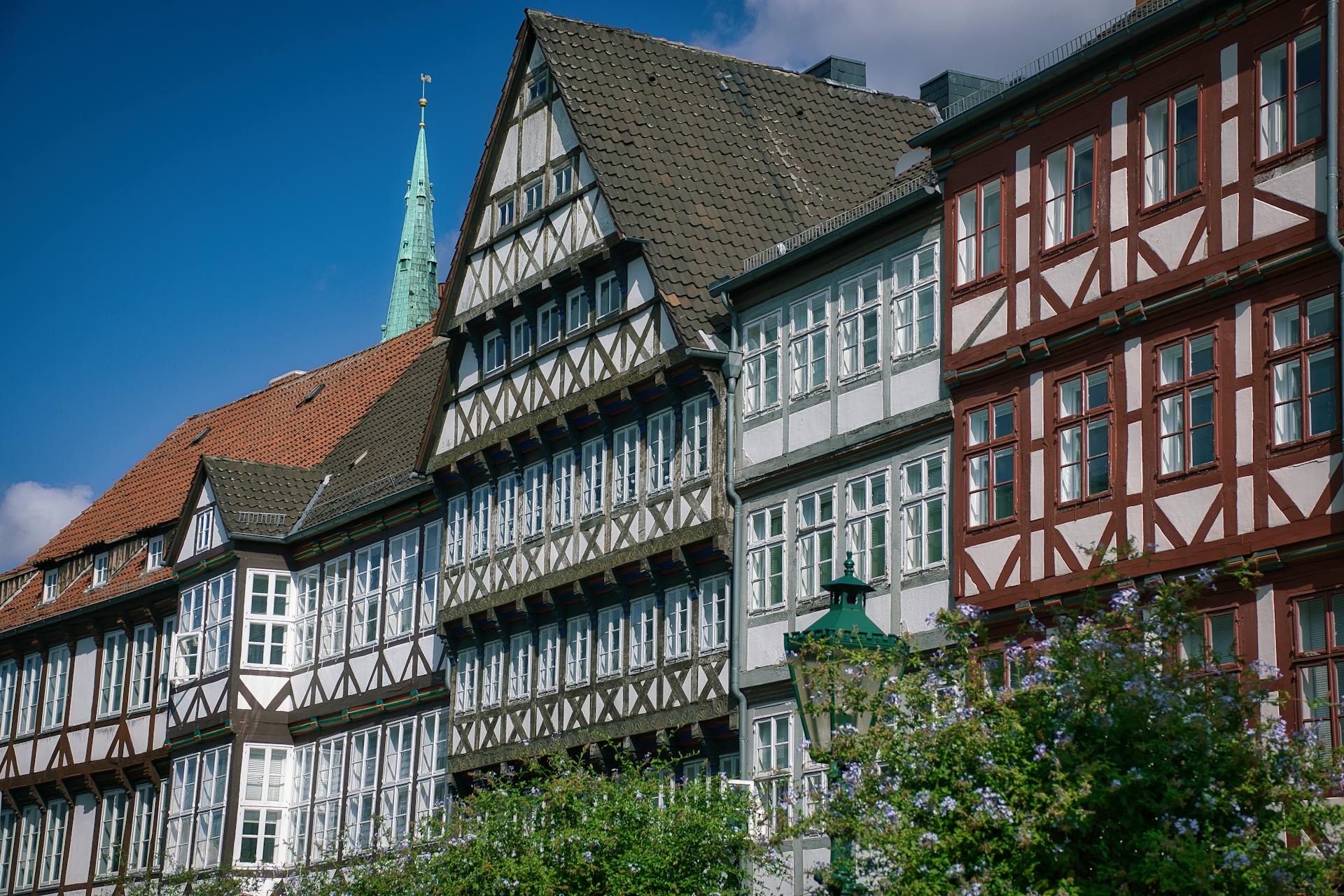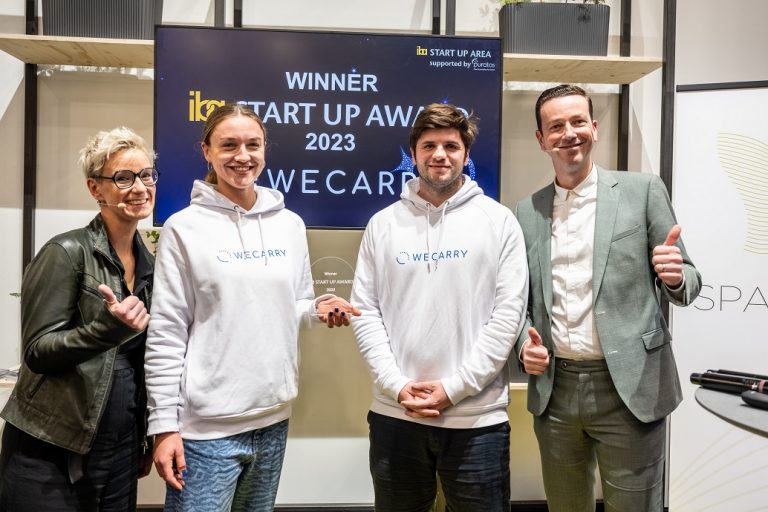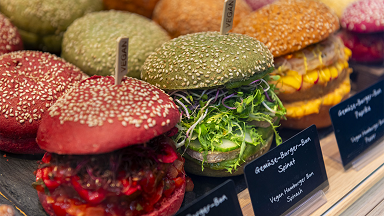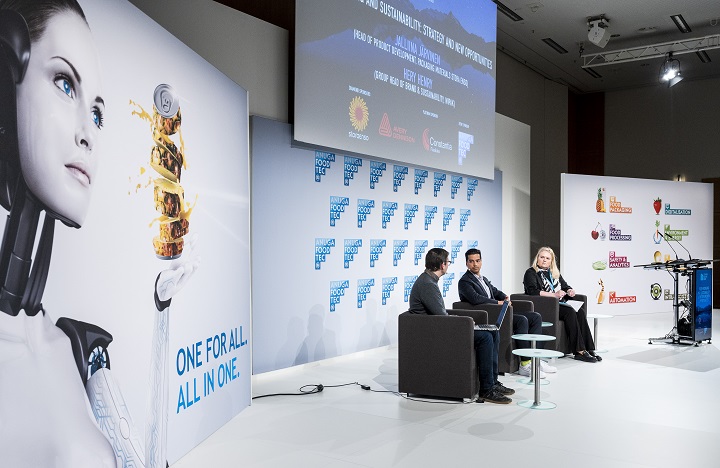Hannover enters the autumn trade‑fair season with a hospitality and dining offer tailored to high international demand. The city combines a compact center around the Hauptbahnhof with the purpose‑built Messegelände in Hannover‑Laatzen, giving visitors a clear choice: stay steps from the exhibition halls for speed and predictability, or base themselves in Mitte, List or Südstadt for broader dining and after‑hours options. With multiple events clustered in September and Bundesliga matchdays at the Heinz‑von‑Heiden‑Arena near Maschsee impacting weekends, early reservations remain essential for rooms and tables.
Accommodation near the fairgrounds is anchored by business hotels in Laatzen and the Expo‑Plaza area, designed around early breakfasts, reliable Wi‑Fi and late check‑ins. These properties typically scale up staffing during major shows and offer extended lobby hours, quick laundry turnaround and meeting niches suitable for short customer briefings. In the city center, long‑established upscale options around Luisenstraße and Friedrichswall sit alongside newer lifestyle hotels near Aegidientorplatz and Opernplatz, balancing proximity to S‑Bahn and Stadtbahn lines with access to restaurants and cultural venues. Lakeside hotels at Maschsee appeal to teams that want walkable evening options without leaving the inner city.
Transit links remain straightforward. Stadtbahn lines connect the center with Messe/Nord, while regional rail serves Messe/Laatzen; additional peak services typically run on major show days. The airport in Langenhagen is tied into the rail network for sub‑30‑minute transfers to the Hauptbahnhof. App‑based taxis and ride‑hailing are widely available, and bike‑sharing plus e‑scooters cover short hops within the inner ring. The nationwide local‑transport subscription is valid on ÜSTRA services, a practical option for multi‑day stays. For teams moving demo gear or samples, pre‑booked vans and hotel loading zones ease morning departures when traffic tightens on the Messeschnellweg.
On dining, Hannover is pragmatic rather than flashy, with strong regional staples and a growing spread of international kitchens. The Markthalle near the old town is a reliable midday hub, offering fast, consistent choices across German classics, Mediterranean, Asian and Middle Eastern food—useful for mixed teams with tight schedules. Evenings often center on three corridors: Lister Meile (cafés, brasseries and wine bars), the Südstadt axis along Hildesheimer Straße toward Maschsee (modern German, Italian and Mediterranean), and Linden‑Nord around Limmerstraße (casual spots, vegetarian/vegan, and craft‑beer bars). Altstadt and Ballhofplatz provide more traditional settings for business dinners, with historic timber‑framed backdrops. Near the fairgrounds, Laatzen and Wülfel concentrate mid‑range restaurants that understand show‑week rhythms, extending kitchen hours and handling larger group reservations.
For regional tastes, visitors will encounter Lower Saxon standards such as roast dishes with seasonal sides; in cooler months, kale and sausage are staples, while late summer emphasizes freshwater fish and salads. Hannover’s dessert specialty Welfenspeise appears on some menus, and the city’s drinking tradition Lüttje Lage—beer and schnaps served together—remains a recognizable local curiosity. Beer service is dominated by regional brands; craft selections are most easily found in Linden, Nordstadt and around the central station.
Practicalities matter in a compressed workweek. Card payments are the norm post‑pandemic, though some smaller venues prefer Girocard or request minimum spends; carrying a small amount of cash still helps. Kitchens commonly close around 22:00, with late‑night options concentrated near Steintor and in Linden. Tipping customarily runs 5–10% for table service and rounded‑up amounts at counters. For expense compliance, ask for detailed invoices with VAT listed (Mehrwertsteuer ausgewiesen). Many restaurants now offer bilingual menus, but multilingual staff availability varies; booking systems often allow notes for allergy and dietary needs.
Large groups should coordinate early. Prime‑time slots between 19:00 and 20:30 book out quickly during fair weeks, especially for tables of six or more. Splitting parties across adjacent tables or opting for pre‑set menus can stabilize timing and cost. For private client meetings, several central hotels provide small dining rooms or chef’s‑table arrangements that can be reserved on a per‑evening basis. Catering on the fairgrounds typically covers breakfast and lunch efficiently; if a full team dinner is planned off‑site, align departure with public‑transport peaks to avoid queues.
Beyond dining, evening downtime is clustered around Maschsee walks, concerts or sports at the Expo‑Plaza/ZAG‑Arena, and performances at the Staatsoper or Schauspielhaus, all reachable within 10–20 minutes from most central hotels. Early risers use the Eilenriede city forest for runs before the halls open; many hotels supply maps or partner with nearby gyms for day passes.
Recommendations for September 2025 visitors:
- Book early and cluster: secure hotel blocks and back‑up options within one transit line of the fairgrounds; keep teams in two neighborhoods max to simplify logistics.
- Use rail first: rely on Stadtbahn/S‑Bahn for show commutes; reserve vans only for equipment days to avoid Messe‑hour traffic.
- Split dining by purpose: quick lunches at Markthalle or near‑hotel bistros; reserve quieter Altstadt or Maschsee venues for client dinners.
- Lock tables now: pre‑book 19:00–20:30 slots for groups; share dietary needs in advance and consider set menus for timing certainty.
- Stay near food corridors: Lister Meile for cafés and wine bars, Südstadt for modern German/Italian, Linden for casual and vegan options.
- Plan late‑night contingencies: identify kitchens open past 22:00 around Steintor/Linden; keep a shortlist for post‑reception meals.
- Try regional benchmarks: order Welfenspeise for dessert and sample a local beer; Lüttje Lage is a cultural note best attempted early in the evening.
- Mind receipts and tips: request VAT‑itemized invoices for expenses; tip 5–10% for table service.
- Balance pace with downtime: schedule one team evening at Maschsee or a performance near Opernplatz to decompress mid‑week.
- Keep payments simple: cards and contactless are widely accepted, but carry small cash for kiosks and smaller bars.
The city’s offer is built for efficiency: predictable commutes, a dense, walkable dining grid and accommodation calibrated to exhibition schedules. With a few early decisions and targeted reservations, visitors can keep the workday focused—and still make room for a concise taste of Hannover.
Title photo by Jörg Hartmann
< Back to Food & Beverage, Hospitality
> Here is one of the places where the issuer of a news item is branded.
> Tap buttons or logos to be redirected to the issuers profiles or pages.






